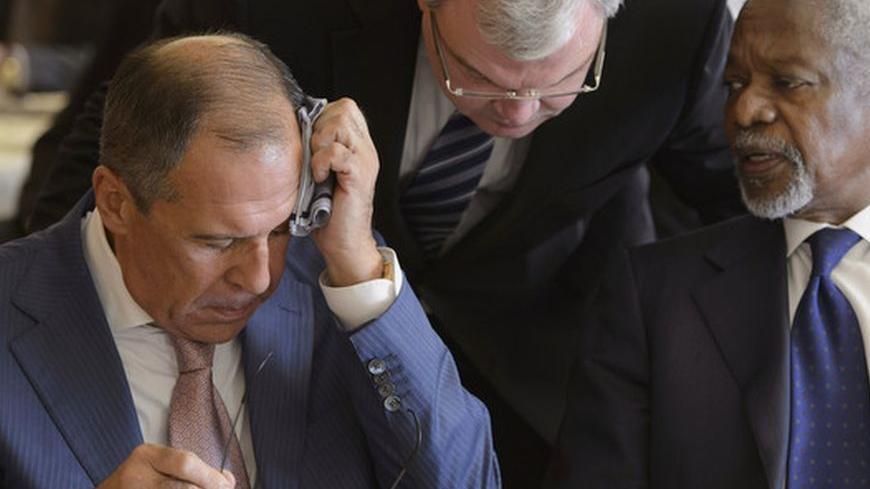The details of what was and was not agreed to in the recent Geneva meeting of the Action Group on Syria aren’t yet available, but it’s hard to imagine that the outcome — a new Kofi Annan plan for a national unity government leading to a political transition — will have any more success than his last six-point initiative. In fact, the results in Geneva are only likely to lead to a bigger muddle by sending confusing signals about whether Assad — the master of this disaster — can be part of the transition process.
Four primary obstacles confront a diplomatic solution to the bitter conflict in Syria. And as much as we’d all like to see a settlement negotiated, the killing end, the Assads depart, and a new democratic Syria born, it’s unlikely to happen through the UN special envoy’s plan — either version A or B. These kind of conflicts usually end when one side prevails or third parties intercede to tip the balance and force a solution. Neither is likely to happen anytime soon.


